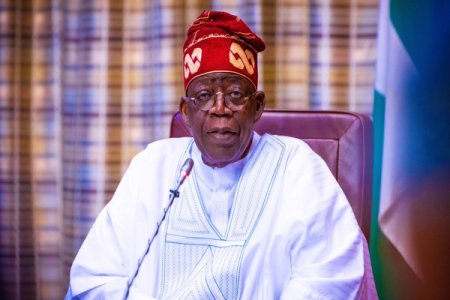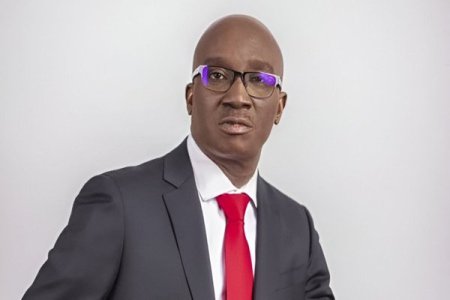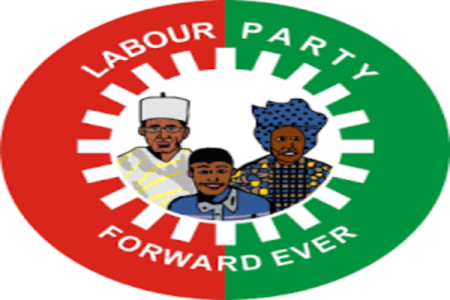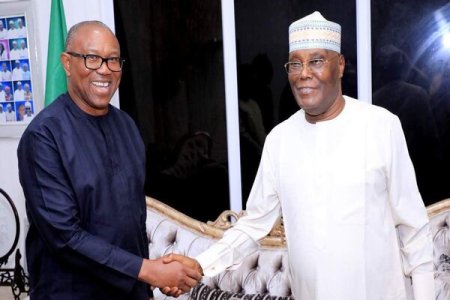
President Bola Tinubu has issued a frantic plea to state governors, urging them to utilize the upcoming Ramadan fasting period as a means to curb rising discontent fueled by hunger, insecurity, and economic instability. The President's strategy involves inducing Islamic clerics with largesse, compelling them to refrain from delivering sermons that could incite the public against the government and further aggravate the existing turmoil.
The confidential memo, sent on Tinubu's behalf by Secretary to the Government of the Federation (SGF) George Akume, outlines the President's desire to sensitize radical Islamic clerics and prevent the dissemination of inflammatory sermons during the impending Ramadan, set to commence on March 10. The memo stresses the necessity of moderating comments that may mislead followers or provoke opposition to the government, especially in the face of mounting calls for mass action over the rising cost of living and insecurity across the nation.
The Gazette has learned that some states are considering following Tinubu's recommendation, planning to induce clerics and civil rights groups with largesse to maintain a measured tone during this critical period. Critics argue that the President's weak mandate, having secured only 36% of the vote in the last presidential election, is contributing to public denunciation. However, the administration vehemently rejects such claims.
The dire state of Nigeria's economy, exacerbated by soaring inflation, has left citizens frustrated and angry. The potential for a sermon criticizing the government to spark widespread demonstrations looms large, reminiscent of the 2020 EndSARS protests. Already, protests have erupted in Kano, Oyo, Osun, and Niger, where residents denounced President Tinubu as "a thief."
In January, the National Bureau of Statistics revealed that Nigeria's inflation had reached a record high of 29.9%, driving food prices beyond the reach of most citizens. The Gazette's market survey indicates drastic increases in the prices of essential commodities since Tinubu assumed the presidency in June 2023.
Tinubu's economic policies, such as naira floating and fuel subsidy removal, have faced criticism for their inefficiency. The naira's historic plunge, reaching nearly N2000 against the dollar in February, and the insufficient relief provided by the government's palliatives following fuel subsidy removal, have further fueled public discontent.
Despite these challenges, Tinubu has undertaken various measures to alleviate the economic hardship. Initiatives such as discounted transportation fares, free train tickets, and the sale of subsidized rice by the Nigeria Customs Service aim to cushion the impact of the cost-of-living crisis. Additionally, the President is actively seeking international investment and engaging in diplomatic efforts to improve Nigeria's economic outlook.
As the nation approaches the critical Ramadan period, the success of Tinubu's strategy remains uncertain, with the potential consequences of public discontent and unrest hanging in the balance. The Presidency has yet to respond to requests for comments on the memo urging governors to influence Islamic clerics with Ramadan largesse.
Source: Peoples Gazette





